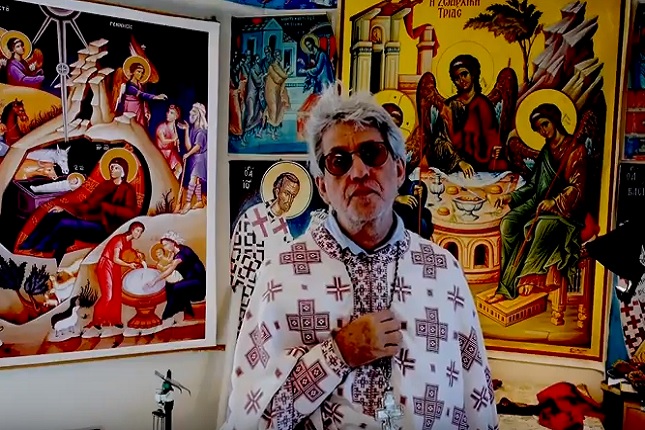
Our first encounter with Him is through faith. Faith opens the door of the soul, so that Christ can enter. Faith receives Him, subjects our hearts to Him and engenders within us a fervent interest and powerful desire to approach Him. This is the initial requirement for Christ to dwell in our hearts, as Saint Paul says (Eph. 3, 17). But it takes love in order for the Lord to stay with us and make us His temple and altar. Jesus declares “Whoever loves me will keep my word and my father will love them and we shall come to them and make our dwelling in them” (Jn. 14, 23). The word of God helps us as regards the confirmation ...






















